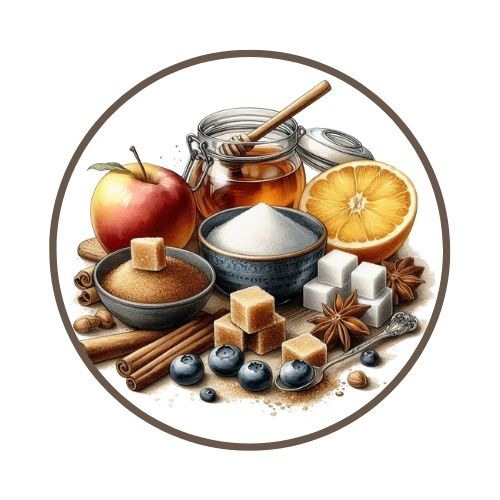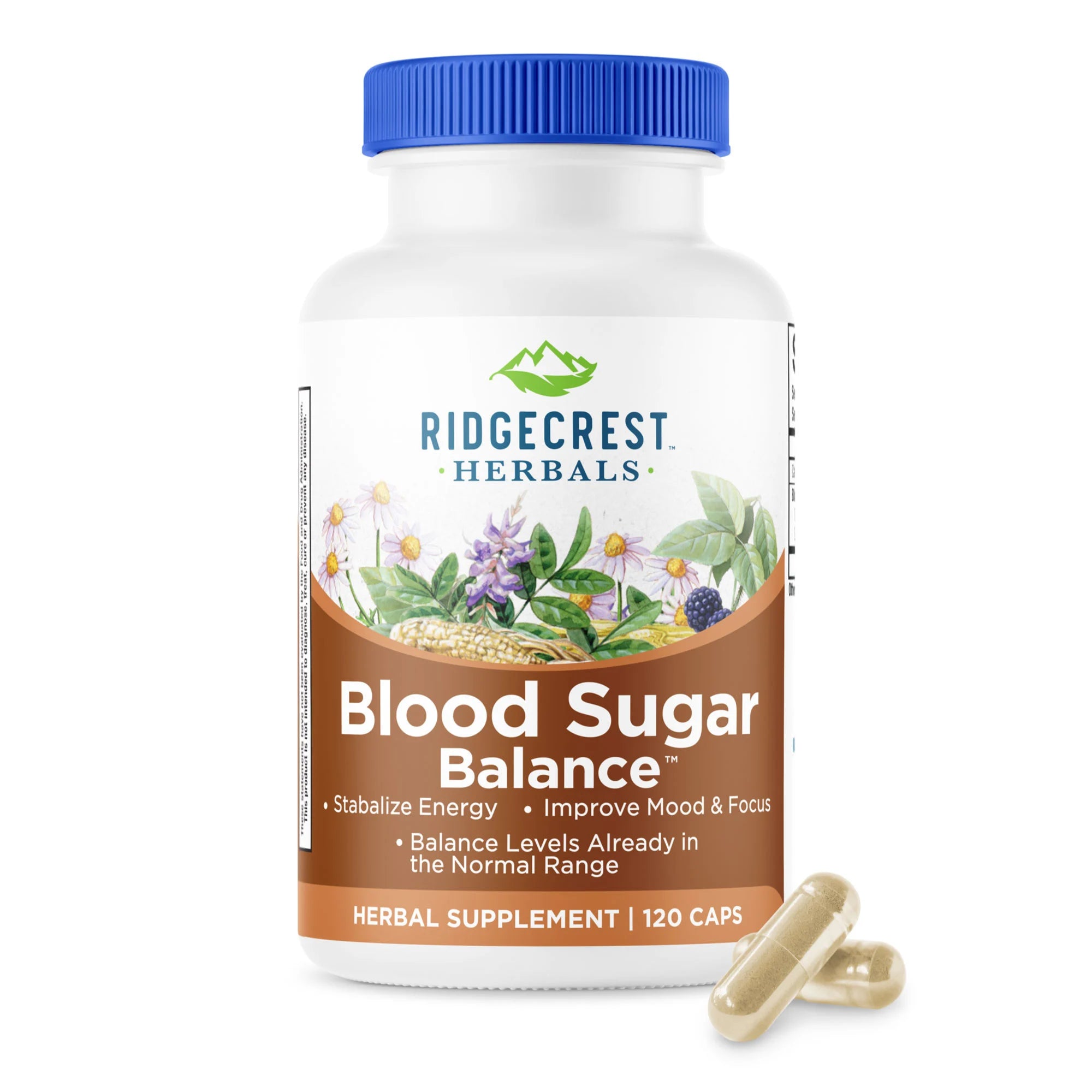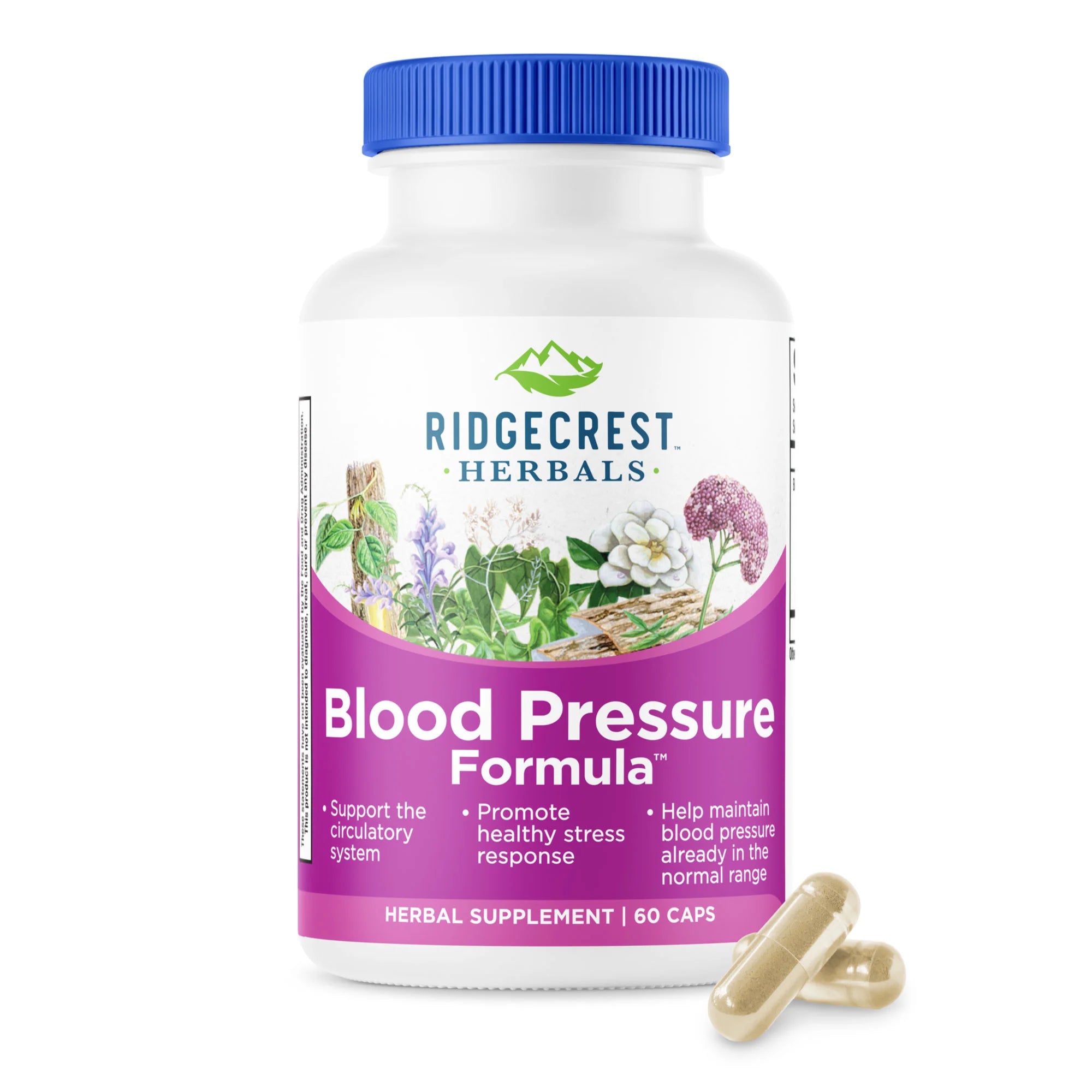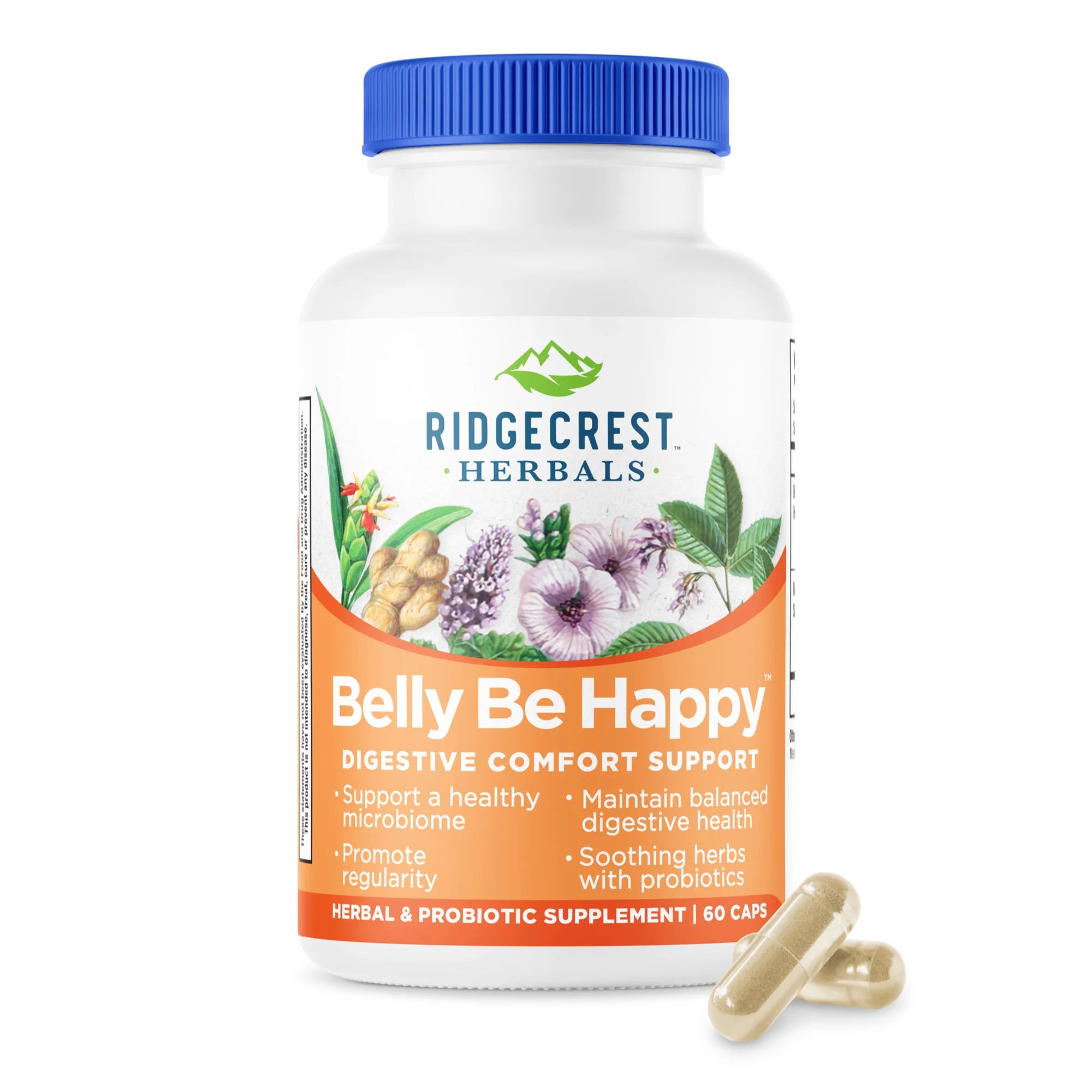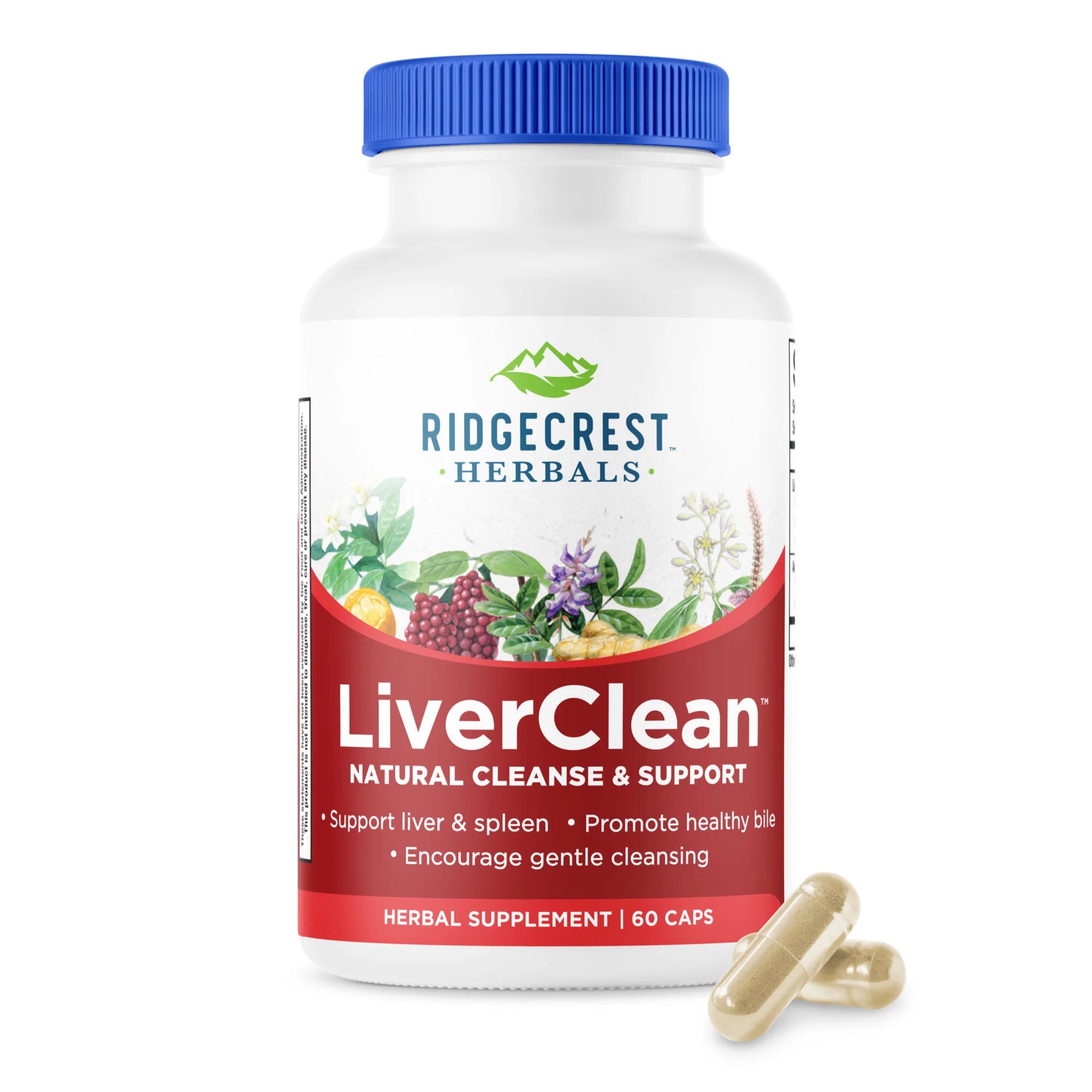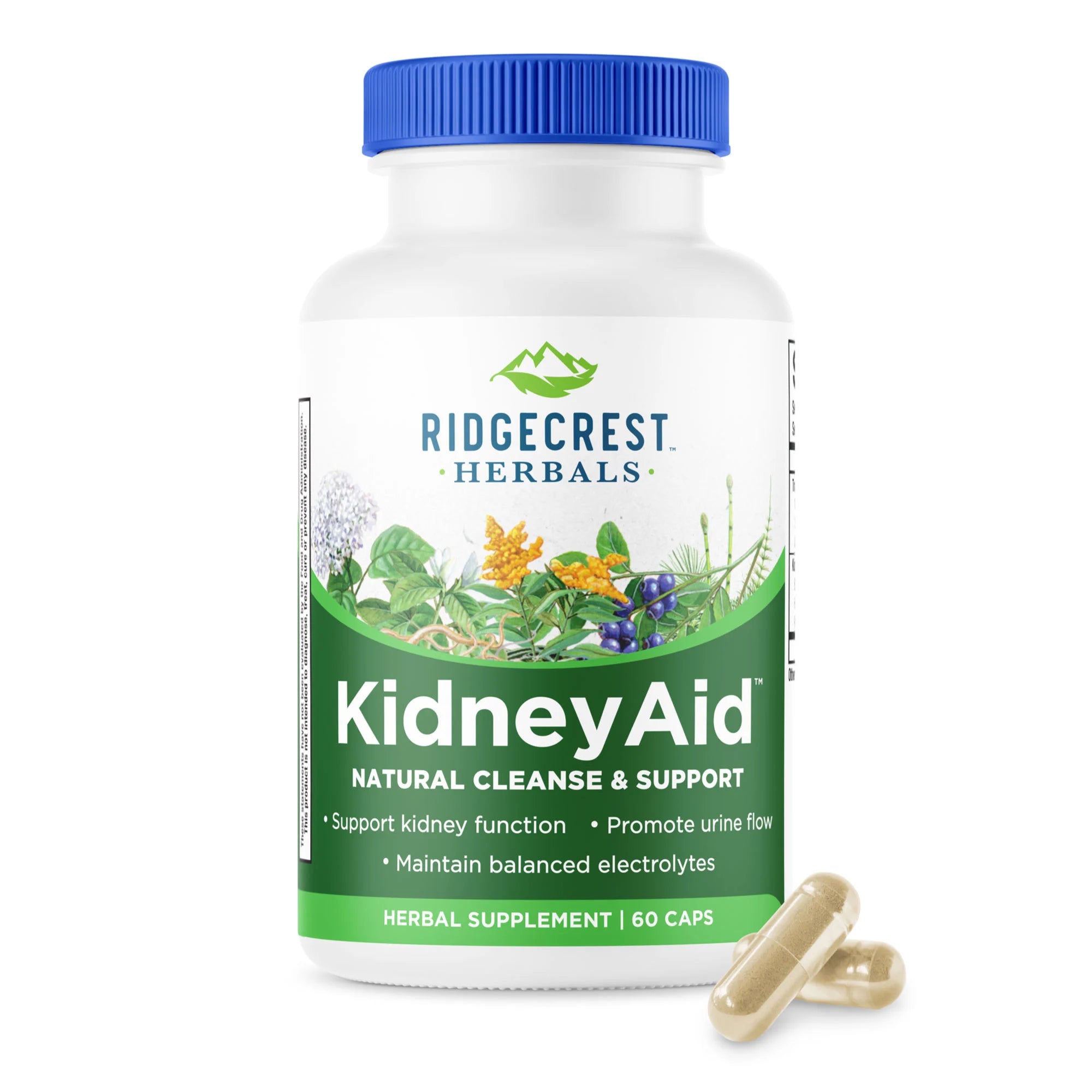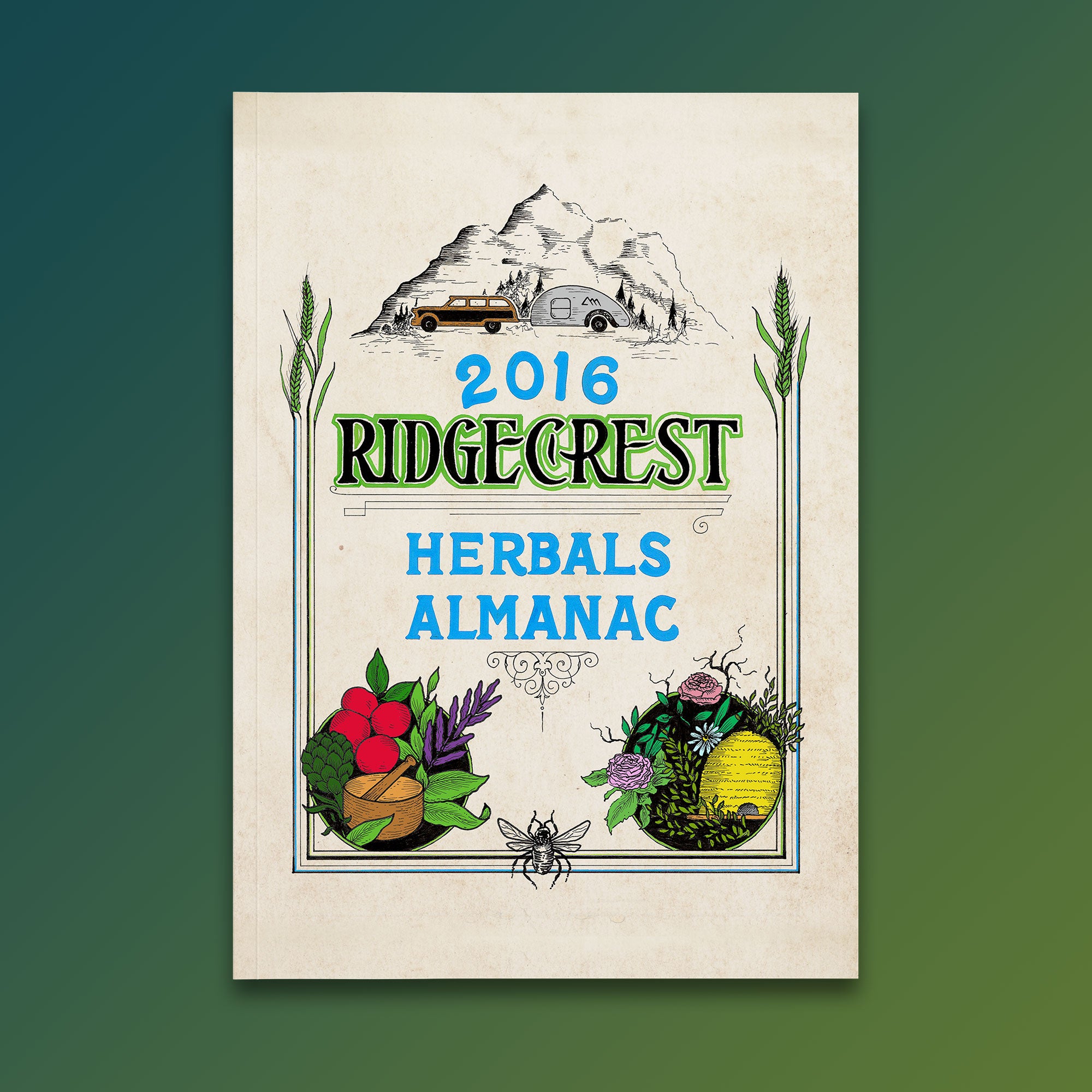If you find yourself looking over the ingredients on the back of a product, and you come across a word that ends with “-ose,” it is most likely a type of sugar. Chemically speaking, there are many different kinds of sugars.
Below is a basic breakdown of commonly used terms and types of sugars, the good, and the not-so-good!
Glycemic Index (GI): A scale from 1(low) to 100(high) that rates foods based on their effects on blood sugar levels. Eating foods low in GI (preferably lower than 50 on the GI scale) helps to naturally control blood sugar and avoid weight gain or other health problems accentuated by sugar.
Sucrose: The most common form of table sugar. Complex form of sugar that typically comes from sugarcane or sugar beets and branches out into different forms. Breaks down into fructose and glucose.
Glucose (or dextrose): Digested form of sugar that is transported to the cells and used for energy. If not used, it is transformed into fat. Glucose is what normally determines the Glycemic Index (GI) of foods.
Fructose: Naturally found in starchy plants and fruits. Fructose found in whole fruit is low on the GI scale while fructose found in high fructose corn syrup is high on the GI scale.
Lactose: Milk sugars. Breaks down into fructose. Many individuals have difficulty digesting this type of sugar.
Sugars/Sweeteners: |
GI Scale (basic) |
| White Sugar: Refined, regular, table sugar, baking, processed, granulated or powdered. Derived from sugarcane or sugar beets (most likely GMO). Contains fructose and glucose. Highly processed with harmful chemicals and contains little nutritional value. | High |
|
Brown Sugar: Multiple types vary, depending on how much processing has been done. These include: Light and dark brown sugars(commonly used for baking) basically just processed white sugars with molasses added back in for color and flavor. |
High |
| Cane sugars are only mildly processed by heating up pure cane juice and heated to form crystals/granules. Retains molasses and other natural components. | Med-Low |
| Coconut Palm sugar (also known as palm sugar or coconut sugar) is a natural sugar that comes from the sap of coconut trees. | Med-Low |
| Other minimally processed, less common sugars include Muscovado, turbinado, etc. | Varies |
|
Liquid Sugars: Good: Natural - Honey, Maple Syrup, Sorghum syrup, etc. Yacon Syrup Extract - Cane juice, molasses, etc. |
Med-High Low Low-High |
|
Liquid Sugars: Not-So-Good: Corn Syrup or High Fructose Corn Syrup (HFCS) - GMO Cornstarch converted into sugar that requires a highly industrialized, chemical fermentation and distillation process that uses a large amount of energy to produce, and fills the environment with chemicals and pollution. Commonly used in processed foods. |
High |
|
Debatable: Agave - There is much debate on this sweetener. Processing and modifications vary. Some think because it is low on the GI scale it is healthy, but because it is extremely high in fructose it may also be a sugar source that should only be used in moderate amounts. Brown Rice Syrup - Made from cooked brown rice and fermented to turn starch into sugar. Some manufacturers grow the enzymes needed to make rice syrup on grains that contain gluten, so not suitable for gluten-free diets. Low on GI scale but will cause a spike in blood sugar. |
Low
Low
|
|
Sugar Alcohols: Xylitol, Glycerol, Erythritol, Mannitol, Sorbitol, Lactitol, etc. are all derived from plant sources. They are not completely absorbed by the body but are low in calories, don't affect blood sugar levels and do not lead to tooth decay. In fact, some like Xylitol, are good for teeth. |
Very Low |
|
Sugar-free: Natural - Stevia, Lo Han Guo, Glycyrrhizin, etc. are excellent alternatives to sugar. Artificial - Aspartame, Sucralose, Saccharin, Neotame, Cyclamate, etc. may be low on the GI scale, but the body is not designed to process these artificial chemicals. Beware of health concerns these may cause. These are often disguised by fancy brand names. |
Low (0) |


